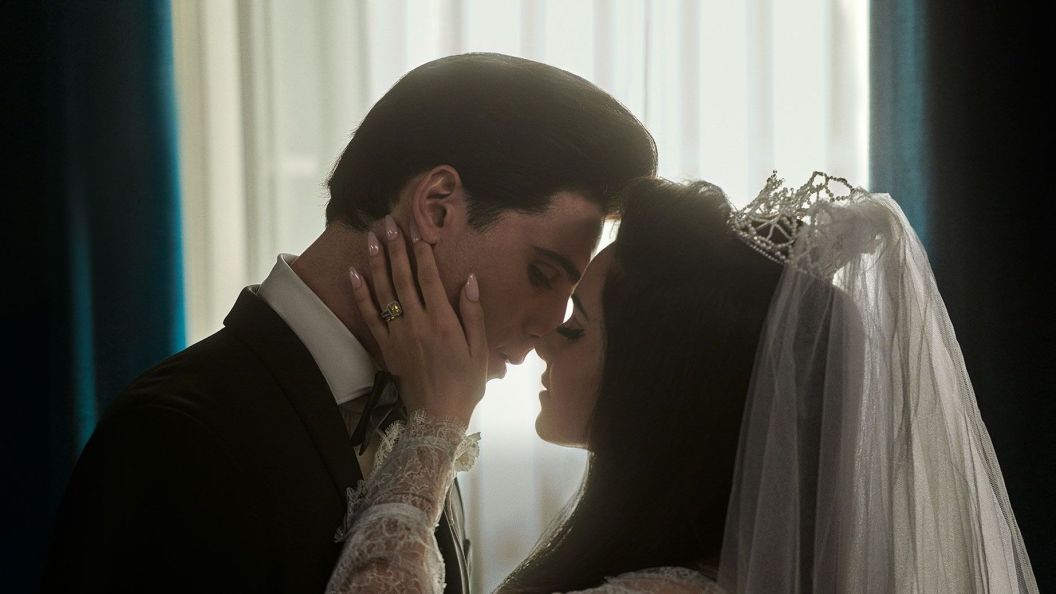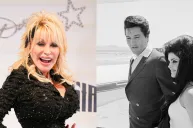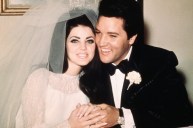The Sofia Coppola-directed biopic "Priscilla," a gentle and heartfelt look at the relationship between rockstar Elvis Presley and wife Priscilla, ends with Dolly Parton's stirring country single "I Will Always Love You."
The moving song, written in 1973 as a farewell to Parton's business partner and mentor Porter Wagoner as she set off on her solo career, is steeped in loss, yet somehow remains hopeful, resilient and empowering. It's the perfect closing note on a film about Priscilla's loss — first of her marriage, then of Elvis, who died just four years after their divorce in 1973 — but also her strength as she began dating the most famous superstar in the world when she was just 14 years old (Elvis was 24 at the time).
But during an interview with Vogue Magazine published on November 3, Coppola revealed there's another reason she included the track: it serves as a sly nod to a publishing rights disagreement between Elvis and Dolly.
Elvis, who loved the song and even sang it to Priscilla on the day of their divorce, wanted to record his own rendition. However, Elvis's team demanded he maintain 50% ownership of every song he sang. Dolly declined. But she was adamant that the dispute was in no way the fault of Elvis. Interviewer Keaton Bell asked Coppola if the connection was intentional.
"That was definitely part of it," Coppola said. "I knew early on in the script that we had to have that song at the end, and I was so happy that Dolly let us use it because I don't know what we would've used in its place. That song is filled with so much pain and love and heartache, and it expresses exactly what Priscilla felt at that moment in time. She knew it was time to move on despite this well of emotion she still had for Elvis. I also thought it was important to end on a woman's voice. But I thought that story about Dolly keeping the song for herself was so cool. It's a beautiful song by itself but the lore was definitely part of the appeal."
Dolly did, however, permit Whitney Houston to record "I Will Always Love You" in 1992, which became arguably the most famous rendition.
Catch "Priscilla" in theaters now.




